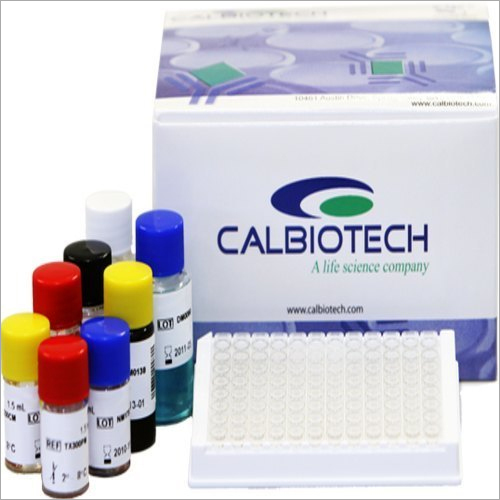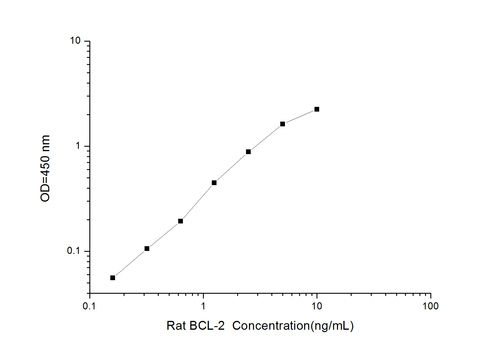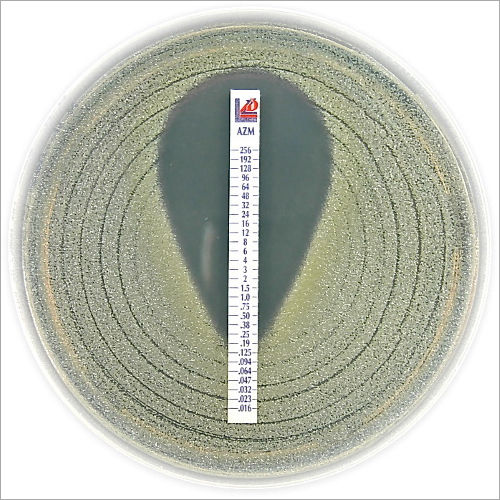
X
DIAGNOSTIC TEST KIT ELISA Price And Quantity
- 1 Kit
- 18500 INR/Kit
DIAGNOSTIC TEST KIT ELISA Product Specifications
- ELISA Kit
DIAGNOSTIC TEST KIT ELISA Trade Information
- 500 Kit Per Day
- 1-7 Days
Product Description
ELISA (Enzyme-linked immunosorbent assay) is a diagnostic test kit that uses antibodies and color change to detect the presence of a substance in a sample. It is commonly used in clinical laboratories to diagnose infectious diseases, allergies, autoimmune disorders, and some cancers.
ELISA involves several steps:
- A sample (e.g., blood, urine, or saliva) is collected from the patient.
- The sample is added to a well on a plate coated with a specific antibody that can recognize the substance of interest.
- If the substance is present in the sample, it will bind to the antibody.
- Unbound substances are washed away, and a second antibody that recognizes a different part of the substance is added.
- This second antibody is linked to an enzyme, and a substrate is added that the enzyme can convert to a detectable signal.
- If the substance of interest is present in the sample, the signal will be produced, indicating a positive result.
Tell us about your requirement

Price:
Quantity
Select Unit
- 50
- 100
- 200
- 250
- 500
- 1000+
Additional detail
Mobile number
Email
Other Products in 'Elisa Kits' category
 |
SR GROUP
All Rights Reserved.(Terms of Use) Developed and Managed by Infocom Network Private Limited. |








